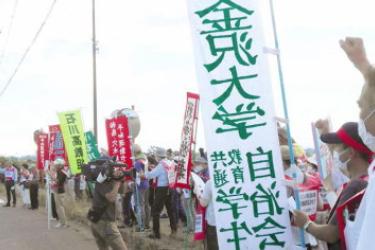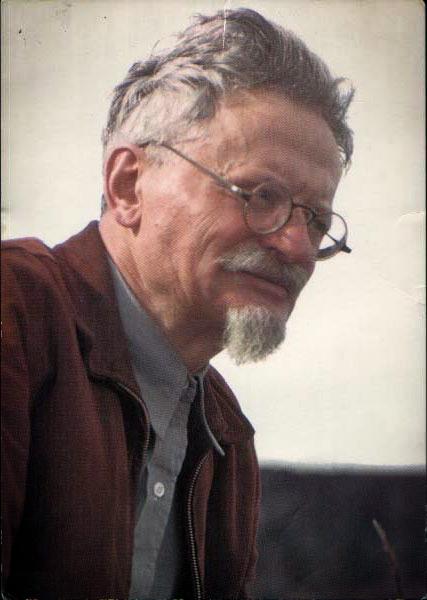Stalinism
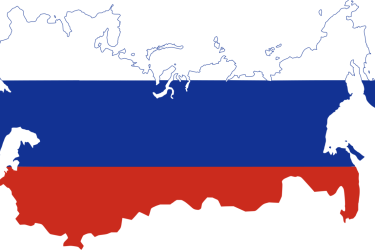
Russian imperialism: A historical approach
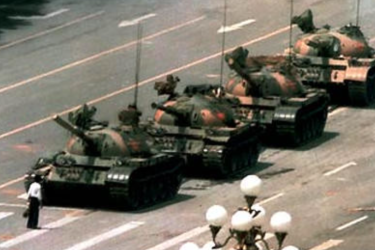
On the transformation of social property relations under China’s party-state regime
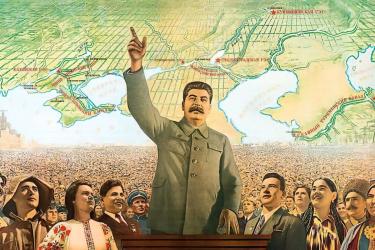
The restoration of the imperial idea in Stalin’s USSR

Running aground: The Revolutionary Communist Party (US) and Stalinism
Emerging from the social upheavals of the 1960s, the Revolutionary Communist Party (RCP) counted many dedicated organizers in its ranks who were inspired by the ideas and the example of Maoist China. The party used Maoist theory not only to plan for a future socialist revolution, but also to grapple with the complicated history of Stalinism and its impact on the international communist movement and the USSR. While the RCP did confront some of the dogmas and myths of Marxist-Leninist orthodoxy, in the end they were unwilling and unable to effectively understand Stalinism.
The Chimes at Midnight: Trotskyism in the USSR 1926-1938

The development of Trotsky’s analysis of the Soviet bureaucracy
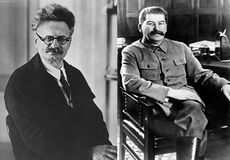
Michael Lebowitz's 'The Socialist Imperative': 'A must-read for revolutionaries'
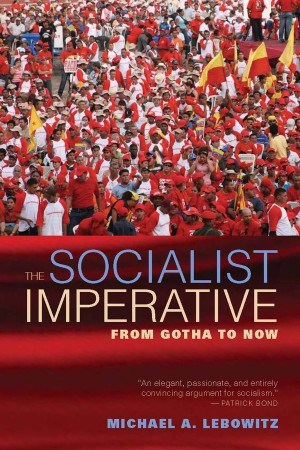
The Socialist Imperative: From Gotha to Now
